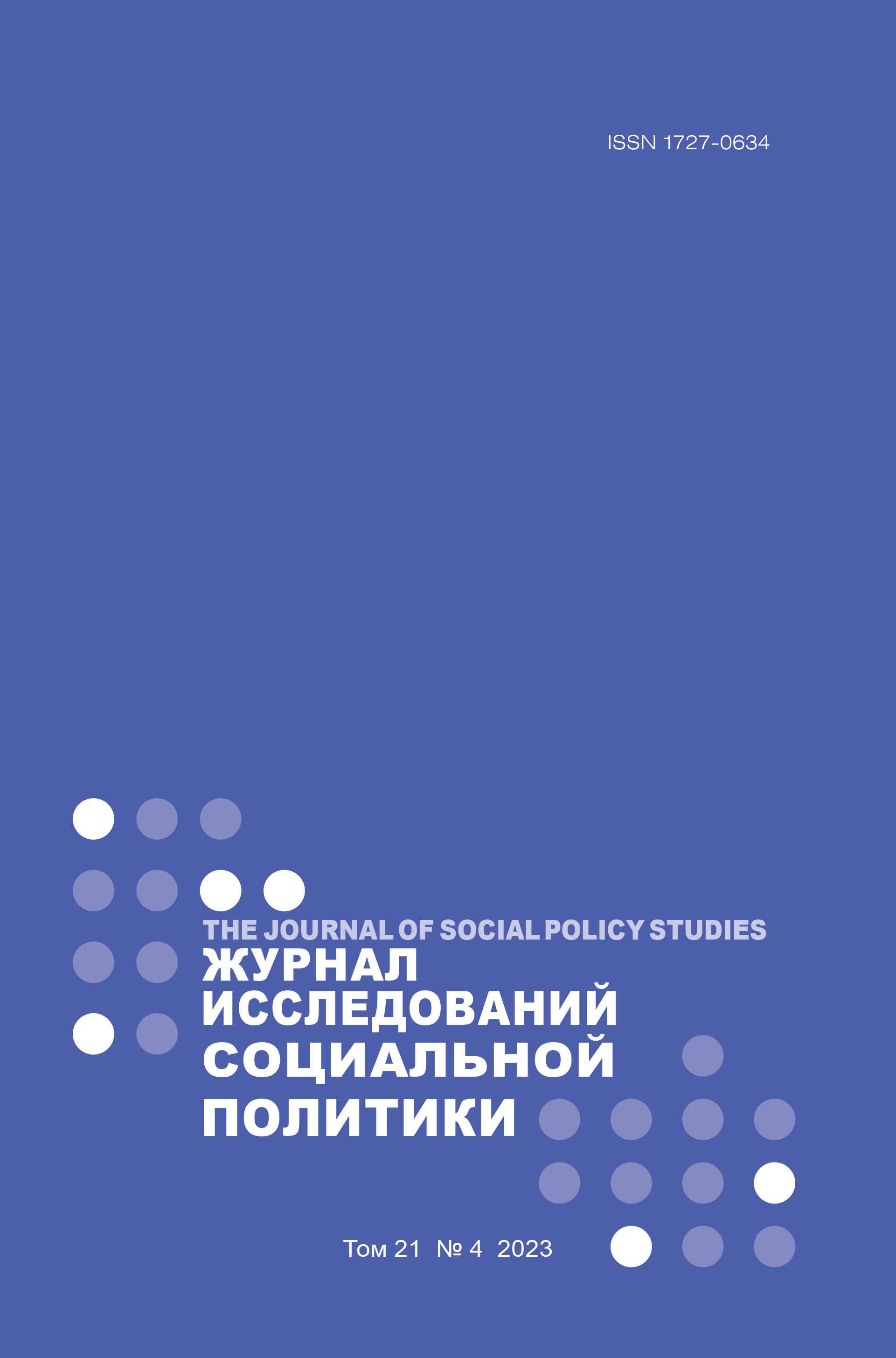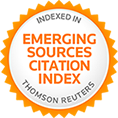Обеспечение качества перевода жестового языка
Аннотация
Качественный перевод жестового языка является одним из решающих факторов, обеспечивающих включение людей с нарушением слуха в социальную среду и доступ к информации. Перевод жестового языка для людей с нарушениями слуха является важнейшим показателем социального благополучия. Обеспечение качества перевода жестового языка явление относительно новое в мировой практике, в России мы только приступаем к осмыслению этого вопроса, формированию критериев качества и механизмов его гарантии. В статье ставится вопрос о том, какие проблемные зоны актуализируются в обеспечении качества перевода русского жестового языка. Для решения этой задачи проведены 16 полуструктурированных интервью с экспертами, на материалах которых выполнен тематический анализ и систематизация проблем обеспечения качества перевода. Ключевыми проблемами обеспечения качества перевода являются: подготовка кадров, статуса языка, «смешение ролей» и «разделение полномочий организаций». Все четыре проблемы уходят корнями в исторически более ранние этапы развития перевода жестового языка в России. На фоне острой нехватки переводчиков, к переводу допускают максимальное число знающих жестовый язык, без особых требований к квалификации и подготовке. Немногие вузы готовят переводчиков, есть сложности с организацией обучения жестовому языку. Имидж профессии препятствует успешному отбору студентов, часть обучавшихся не остается в профессии. Сохраняются старые традиции «сурдоперевода», предполагающие выполнение переводчиком дополнительного функционала социального работника. Спорным остается вопрос о разделении полномочий организаций, представляющих социальный заказ перевода для человека с нарушением слуха, организаций, предоставляющих перевод и организаций, контролирующих качество. В заключении даются краткие пояснения по возможным путям решения накопленных противоречий, что позволит обеспечить качество перевода жестового языка. Мониторинг качества перевода жестового языка позволит значительно улучшить уровень предоставляемых услуг.















